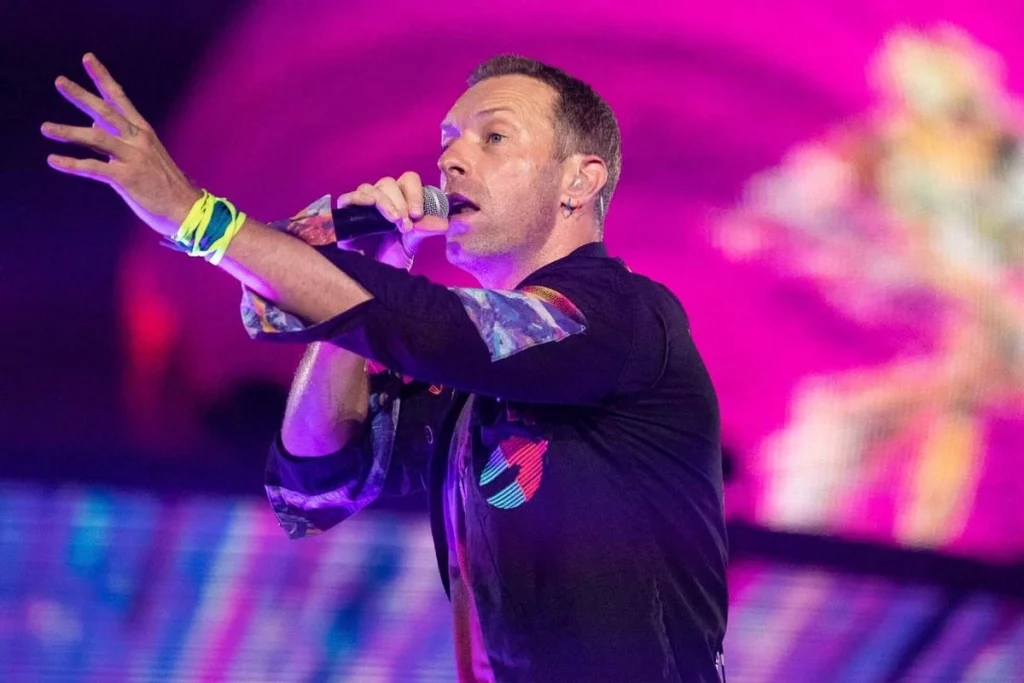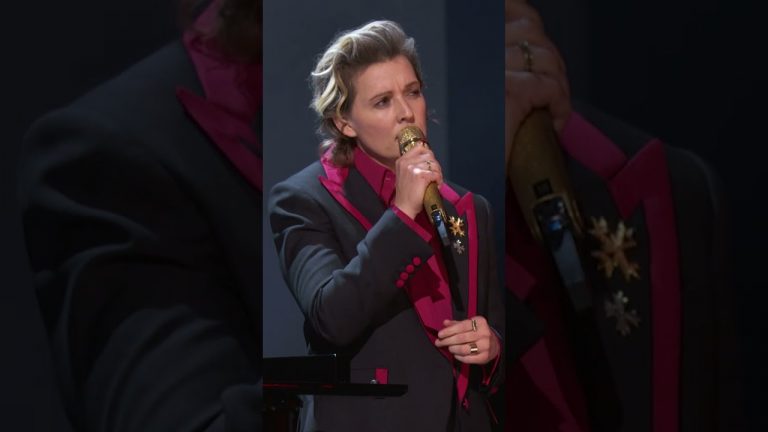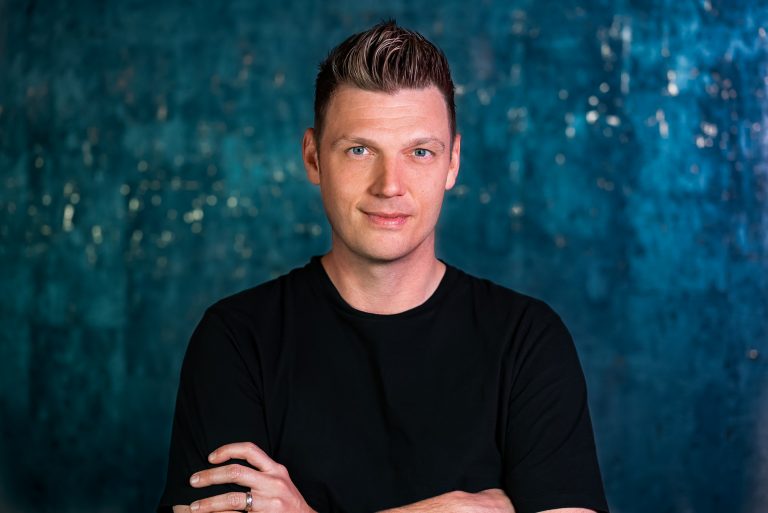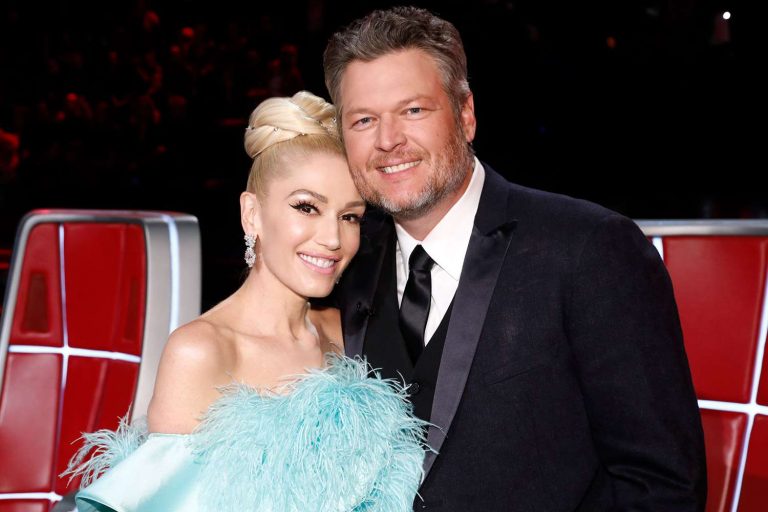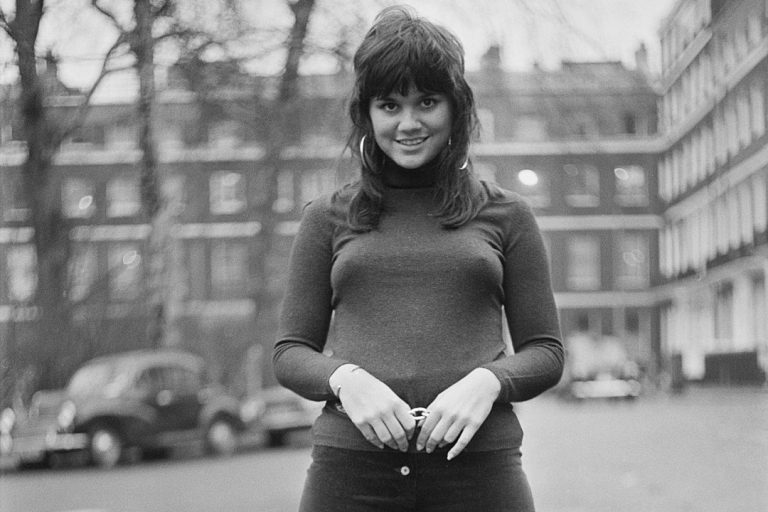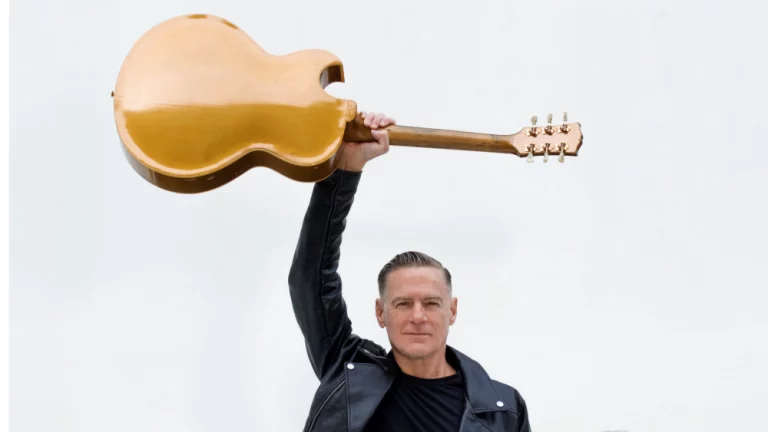Robbie Williams has always worn his heart on his sleeve, but at his recent concert in Paris, he gave fans a moment they’ll never forget. In a beautiful surprise, the singer invited his wife, Ayda Field, to join him on stage for a duet that turned his timeless hit “Angels” into a deeply personal love story.
As the crowd sang along to the familiar opening notes, Robbie suddenly paused, smiled, and looked toward the wings. “I’d like to bring out someone very special,” he said — and moments later, Ayda appeared to thunderous applause. The actress and TV personality looked emotional as she stepped beside her husband, who couldn’t take his eyes off her.
Together, they sang “Angels” — not as pop star and guest, but as husband and wife sharing something genuine. Their voices blended beautifully, their chemistry undeniable. Fans described the moment as “pure magic” — intimate, emotional, and filled with real love.
Just before the final chorus, Robbie turned to the audience and said softly,
“This song has always been hers before it was yours.”
The crowd erupted, cheering as the couple finished the song hand in hand. Ayda smiled through tears, and Robbie’s expression said it all — this wasn’t just a performance; it was a confession of love in front of thousands.
Clips of the duet quickly spread online, with fans calling it one of Robbie’s most heartfelt moments. One concertgoer shared, “I’ve seen Robbie live five times, but this was different. It wasn’t a show — it was a glimpse into his heart.”
Robbie and Ayda, who married in 2010 and share four children, have always been open about their life together — full of laughter, honesty, and support through the ups and downs of fame. But this duet felt like something more — a quiet celebration of the bond that keeps them grounded.
For many in the arena, it wasn’t just hearing “Angels” live again — it was watching it come to life as a love song between two people who have truly lived its meaning.
As one fan perfectly summed it up:
“That wasn’t a duet. That was love, sung out loud.”


